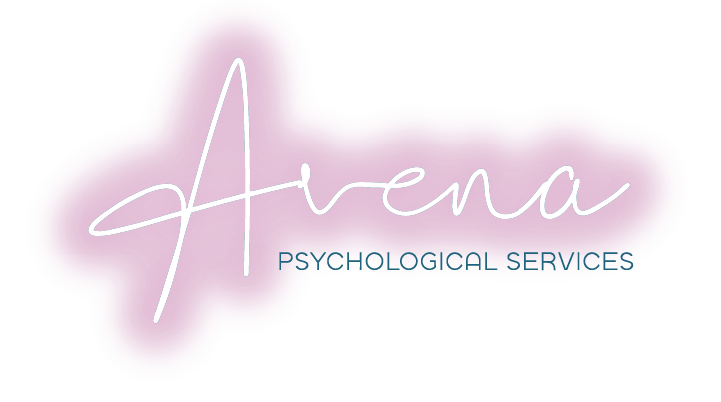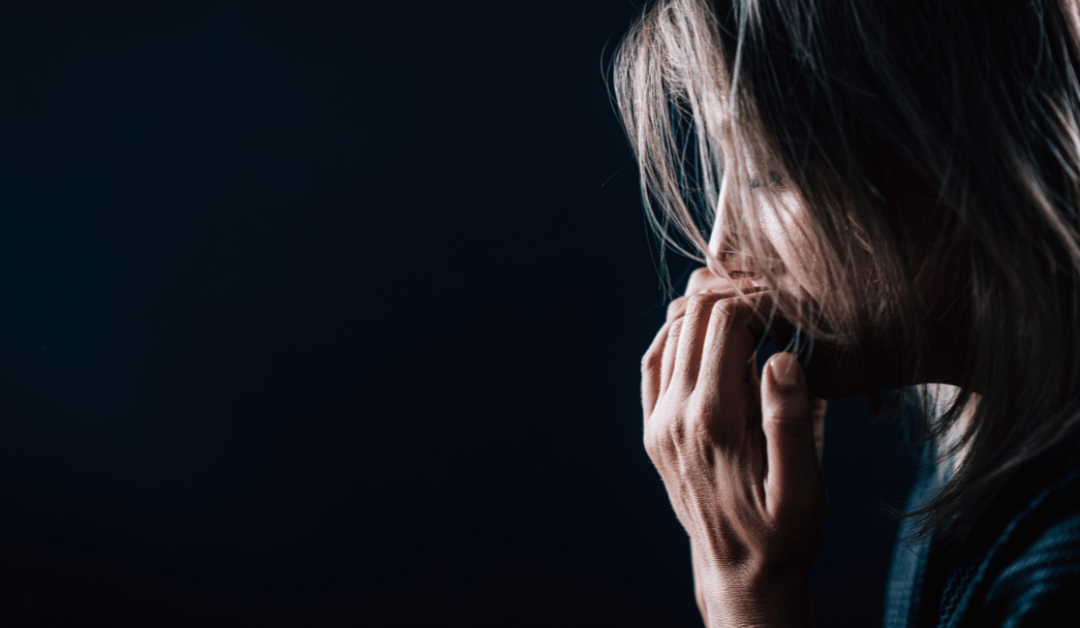Anxiety disorders are a type of mental health condition that affect many of us. If you have one of the many types of anxiety disorders, you may respond to certain situations with fear and dread. You may also experience physical signs of anxiety, such as sweating or a pounding heart.
Everyone experiences some anxiety, and having an average amount of anxiety is completely normal. You may feel anxious or nervous if you have to tackle a problem at work, go to an interview, take a test, or make an important decision. At times, anxiety can even be beneficial. For example, anxiety helps us notice dangerous situations and focuses our attention so we can keep ourselves safe.
There are five major types of anxiety disorders:
- Generalized Anxiety Disorder – characterized by chronic anxiety, exaggerated worry and tension, even when there is little or nothing to provoke it.
- Obsessive-Compulsive Disorder – (OCD) is characterized by recurrent, unwanted thoughts (obsessions) and/or repetitive behaviors (compulsions). Repetitive behaviors such as hand washing, counting, checking, or cleaning are often performed with the hope of preventing obsessive thoughts or making them go away. Performing these so-called “rituals,” however, provides only temporary relief, and not performing them markedly increases anxiety.
- Panic Disorder – characterized by unexpected and repeated episodes of intense fear accompanied by physical symptoms that may include chest pain, heart palpitations, shortness of breath, dizziness, or abdominal distress.
- Post-Traumatic Stress Disorder (PTSD) – While PTSD is no longer formally considered an anxiety disorder, it often involves experiences of intense anxiety in response to a traumatic experience as its most prominent symptom. PTSD can develop after exposure to a terrifying event or ordeal in which grave physical harm occurred or was threatened. Traumatic events that may trigger PTSD include violent personal assaults, natural or human-caused disasters, accidents, or military combat.
- Social Phobia – or Social Anxiety Disorder, is characterized by overwhelming anxiety and excessive self-consciousness in everyday social situations. Social phobia can be limited to only one type of situation – such as a fear of speaking in formal or informal situations, or eating or drinking in front of others – or, in its most severe form, may be so broad that a person experiences symptoms almost anytime they are around other people.
Having anxiety can make it difficult to get through your day, but you don’t have to live like this. Several effective anxiety disorder treatments are available. Talk to your healthcare provider today if your anxiety is interfering with your ability to live a fulfilling life, so you can determine the best treatment plan and start working toward lasting relief.
Contact us to schedule an appointment with a professional in New York or New Jersey.

